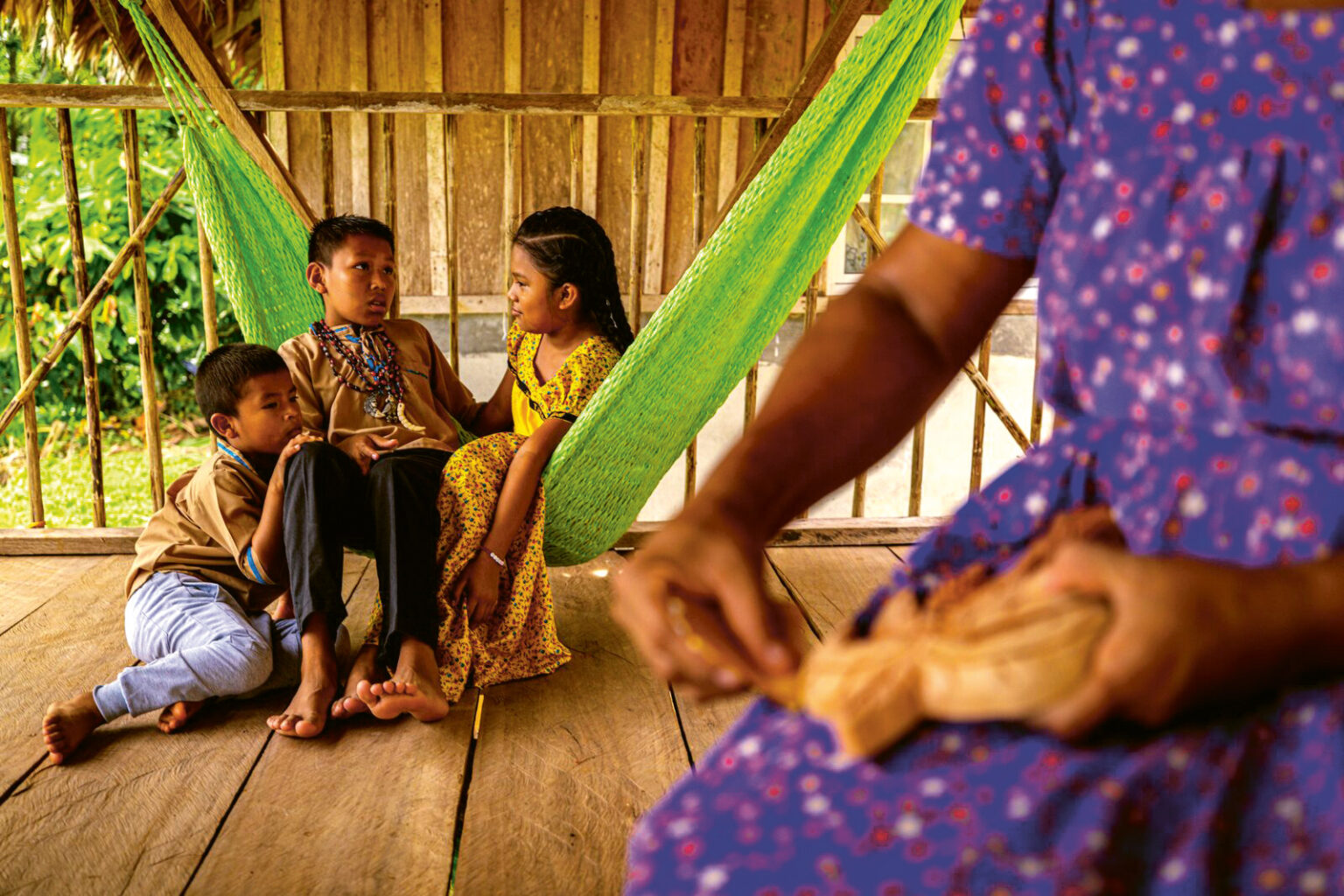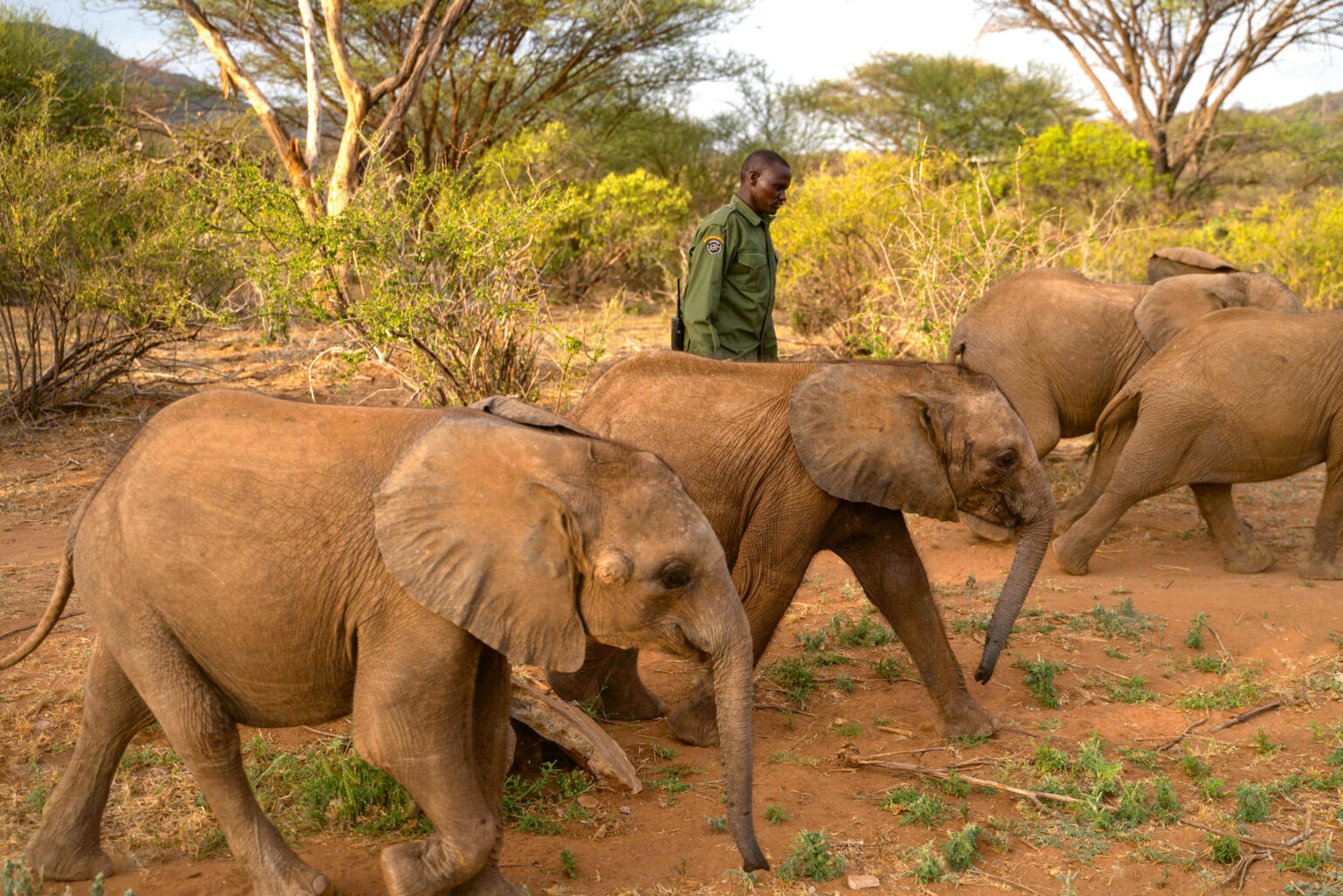Trending Destinations
Trending Articles
Destinations
All destinationsArticles
All InspirationQuizzes
All quizzesSorry but no search results were found, please try again.
2025
Our third annual celebration of sustainability in travel looks at 50 destinations – plus accommodation – that show travel can be a force for good. Here’s why we think that this matters more than ever…
Video: Jade Mountain Resort, St. Lucia
Words by Diana Jarvis
with contributions from Tom Bennedik, Gareth Clark and Lyn Hughes
•••
While it is positive to see so many global businesses recognise the need to step up and engage in sustainable practices, there is often a gulf between the green credentials in the marketing copy of hotels, tour operators and destinations and provable, measurable action. The word ‘sustainable’ is swiftly becoming a catch-all buzzword, typically used with undeserved certainty to declare whether something is or isn’t sustainable. It is far more honest, and therefore more valuable to travellers and consumers, to acknowledge that such things are actually measured by degrees. The purpose of this list, now in its third edition, is to draw attention to the good work being done in the travel industry, showing where action meets – or exceeds – expectations, so that you can support the places and businesses putting people and the planet first.
Read on
Tourism provides many excellent solutions, including providing jobs in places where employment opportunities are scarce. Or it can offer financial support to meaningful projects, such as those involved in rewilding and conservation, which might otherwise go unfunded and unrealised.

To compile this year’s list, we spoke to those who care about making travel more sustainable. Our panel of expert judges (see below) is made up of leaders in their field, who set about narrowing down over 250 entries to just 50 destinations (plus accommodation) where you can experience examples of travel as a force for good.
The resulting list comprises a wide spectrum of experiences from around the globe, each encouraging responsible travel. From community stays and conservation projects to rewilding programmes, transport initiatives and Indigenous-led tourism, each of these entries will help you to make more informed choices in your travels, setting the bar higher for what it means to be sustainable.
Tourism in these communities can have a powerful economic impact, providing income that can help to keep communities together and preserve their culture and history
For instance, some of the most life-affirming travel experiences come from interactions with local and Indigenous peoples. Tourism in these communities can have a powerful economic impact, providing income that can help to keep communities together and preserve their culture and history. But this is only the case if they benefit directly. Money and decision-making need to stay in local hands for it to have any meaningful effect.
Our panel found many positive examples of this, from a community-run café in Uganda and a network of homestays and Indigenous-led tours in Panama, to the green-minded, locally owned stores of Asheville, USA, which are recovering from the effects of 2024’s devastating hurricane.
The impact that travel can have on a local level is huge, and all the more inspiring when seen up close
The impact that travel can have on a local level is huge, and all the more inspiring when seen up close. Just as stirring is how tourism can be used to protect the world’s biodiversity and landscapes. Whether providing livelihoods to those who understand their ecosystems best or directly helping to fund reserves and conservation programmes through entry fees, we found some incredible examples of the positive work being done. Take the elephant sanctuary that supports its local community for example, or the working ranch and lodge that is helping to end the conflict between farmers and pumas in Chilean Patagonia.

The oceans were another focus for our judges. According to the World Economic Forum Ocean Panel, coastal and marine travel accounts for at least 50% of global tourism. For many people living on islands or the coast, tourism is often their most economically viable income, so it’s in the interests of locals and businesses to maintain their environment. Now many are doing so in ways that offer unforgettable experiences to travellers, in the form of educational ‘reef walks’ on remote islands or the creation of the world’s first sperm whale sanctuary.
The sheer array of innovative solutions in some of the most difficult climates and settings proved just what can be done if you care enough.
Our eye was also drawn to the businesses and accommodations that have developed innovative approaches to conserving resources: water, power, food and building materials. We found operators that used an abundance of local sunshine to power 4WDs on safaris, and hotels making the most of on-site gardens to feed their guests. The sheer array of innovative solutions in some of the most difficult climates and settings proved just what can be done if you care enough.

Lastly, we wanted to look closer at how we travel, particularly the rise in electric vehicles and the networks of charging stations making journeys in remote destinations a possibility for EV drivers. The thought of a greener road trip is something that has long excited us!
This is just a taste of what our judges were looking for – and perhaps also a rather protracted way of showing that ‘responsible travel’ isn’t just a label to slap on a product. It’s travel that truly matters.
While all entries in The Travel Green List have been scrutinised by our judges, we cannot take responsibility for any inaccuracies in the information that has been provided to us.
Destinations
2025 Thematic Highlights
Green Transport
Decarbonisation is at the heart of responsible travel, so this year we’re celebrating the rise of electric vehicles (EV) as well as easier ways to travel flight-free. From retrofitted safari jeeps to long-distance routes with charging spots designed with tourism in mind.
Opposite: Green Safaris
Green Sleeps
Even where you sleep can make a difference. These pioneering stays all help to preserve the landscape, biodiversity, ecology, culture or traditional skills of their local area and communities
Opposite: Mashpi Lodge
Know your green speak
Confused by any of the terms used? Here’s a condensed version of our online guide to some of the most common sustainability phrases
Opposite: Shutterstock
Judging panel

Dr Anna Spenceley
Expert Panel, UN World Tourism Organisation

Christopher Imbsen
Vice President of Research and Sustainability, World Travel & Tourism Council

Diana Jarvis
Sustainability Contributing Editor, Wanderlust

George Kipouros
Editor-in-Chief, Wanderlust

Jana Apih
Executive Director, Green Destinations Foundation

Jeremy Smith
Co-founder, Tourism Declares a Climate Emergency

Dr Lauren Siegel
Senior Lecturer in Tourism & Events Management, University of Greenwich

Lyn Hughes
Founding Editor, Wanderlust

Dr Nicole Cocolas
Lecturer in Transport Management, University of Surrey

Sally Davey
CEO, Travalyst

Tiffany Chan
Destination Programme Manager, Global Sustainable Tourism Council


